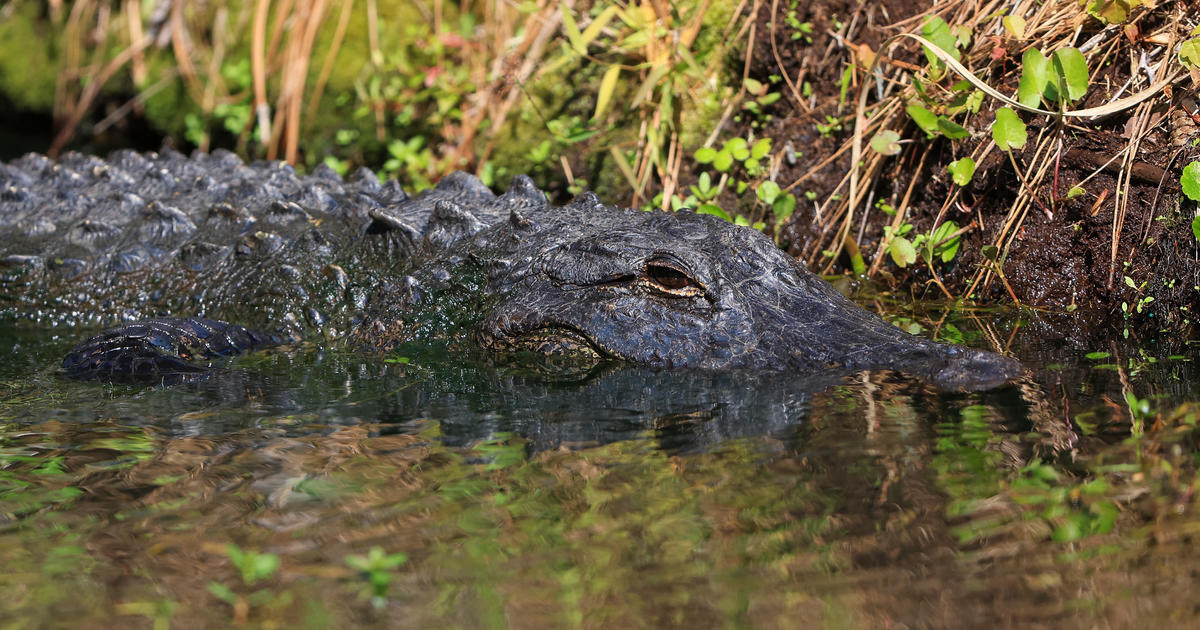New non-native mosquito found in Miami-Dade now spreading across state
MIAMI - A new species of mosquito found initially in Miami-Dade is spreading across the state and scientists are worried.
Anytime a non-native species arrives in South Florida it is a cause for concern. Part of the concern is that researchers don't yet know what diseases it can carry, it hasn't been studied. They're worried that the non-native species could have the potential to bring mosquito-borne diseases, like Zika or the West Nile virus.
The new species is called the culex lactator and it is normally found in central and northern parts of South America. It was first found in 2018 in Florida City. Since then it's been found in parts of Lee and Collier counties.
Researchers know it's a close relative of mosquitoes that carry West Nile or St. Louis encephalitis and they are studying how it interacts in this region and what diseases it may carry.
"These are viruses of birds, West Nile and St. Louis encephalitis, Occasionally a mosquito will bite an infected bird and then bite a human. It's possible the culex lactator doesn't bite people ever, but it still could contribute to the transmission of some of these viruses which could increase the risk," said University of Florida assistant professor Lawrence Reeves.
That's why he's studying the mosquito. Reeves said another concern is why more invasive species make Florida their new home.
"What may be happening is if Florida is getting warmer, especially if the winters are getting warmer, is that we may be having a state that is more hospitable for these mosquitoes when they do arrive," said Reeves.
Miami-Dade's mosquito control division said they have 325 traps across the county that they collect on a weekly basis. So far they have not seen this new species in high numbers. They said they will continue to work closely with researchers to monitor this and other invasive species.




